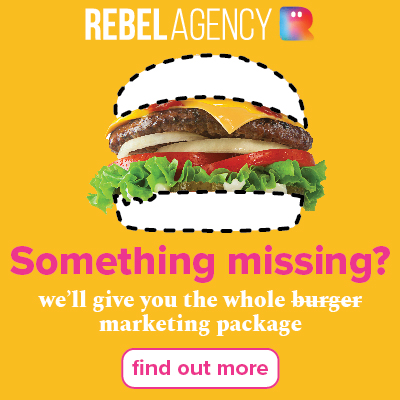If the thought of writing a blog sends shivers of fear down your spine in only the way a good horror movie does, then maybe we can help you out.
With the right routine, structure, and a few helpful hints, anyone can write a blog. Just think back to your days of writing essays at school. If you started automatic writing (writing it down on paper as it came out of your head) then your teacher probably returned it to you with a lot of red pen marks and remarks about lack of structure. The structure is vital to a good blog but it is just one of the things you need to get right if you are starting on blog writing for the first time.
Let’s look at the five main things you will need if you are planning to write a blog
Passion
Some people can write about almost anything. After a bit of research, they can present a paper that makes them sound like an expert, but for most of us, we can talk about one or two things and that’s the things we are passionate about. If you have a passion for your subject, you will know a lot about it. You may not know it’s history or why it does what it does, but you will have hands-on experience in that topic.
A golf teacher may not be the world’s number one golfer, but they have studied enough number ones to know what it takes and they have the passion to teach their students. A golf teacher can write a blog on how to achieve the best swing or how choosing the right club can make all the difference, but they can’t tell you the rags to riches story that a world number one can.
Even if the thought of writing it down on paper gives you chills, you can overcome the fear by understanding the structure of a good blog and then boxing up the content into paragraphs. Once you’ve done that a few times, you’ll be telling your friends that this blog writing is a ‘piece of cake!”
Structure
Like your high school essay, it’s important to get the structure right. A blog is similar to an essay, you need an introduction, the body, and the conclusion.
The introduction needs to;
- Introduce the topic of your blog
- What the point of the blog is
- Outline how you plan to proceed
Let’s continue with the Golf teacher analogy (and I know nothing about golf!) Your introduction could start something like this;
When I was growing up, my parents were adamant that I was going to be the next world golfing champion. According to our family tree, we had a golfer, three times removed from my father that had gained some notoriety in the Golf World. I think it might have something to do with the 19th hole rather than his prowess on the green.
Here we have started to introduce the topic with a personal story.
But what my parents didn’t realise is that to be a world number one golfer takes skill. I may have had the dogged determination to hit the fairway each day after school, but the swing didn’t come naturally to me.
We’ve now moved forward but you still don’t know what the topic is?
Some people are naturally talented. Others have a natural talent for knowing how to bring out that talent and improve it. As a golf teacher, there are three things you need to get right first before you even think about your swing.
Now, we’re getting there
If you want to get better at your game, these steps will help you get your head in the game and your body will follow. Our first step is..
And now you move into the body of your blog. The body is made up of your main points. Before starting a blog it’s a good idea to write down your main points. In our example, each paragraph would correspond to the three main steps.
Once you have outlined your main points in more detail you can wrap the whole thing up with a conclusion. Your blog conclusion should summarise the main points again, touching on them and then drawing a final judgment or moving your reader to another blog or into action.
Tell a story
If you can use storytelling in your blog writing you are on to a winner. Storytelling helps you to relate a personal experience to the reader and can create a shared experience. In the golf blog example, we talked about his parents’ dream for him to be a world number one golfer. I am sure many readers can relate to a parental desire to have them excel at something, whether it be piano, tennis, trombone, or athletics.
Just one subject
Don’t try and introduce multiply topics into your blog, it will just confuse your reader. If you want to introduce related topics, write another blog, and integrate the link into your blogs later.
Grammar and Spelling
Not the worlds’ best speller? If you’ve never competed in a spelling bee for fear of being laughed at, that shouldn’t stop you from writing a blog. There’s plenty of free tools available to you that can help you check your work. Like finishing off a sewing project, you need to use your dictionary, grammar and spellchecker that comes with your word processor. There’s also a plethora of grammar checkers that work as browsers extensions like Grammarly that you can use for free or upgrade to a paid version if you are doing a lot of writing.
Blogs (and Vlogs) are a hugely essential part of closing the circle – turning your website visitors to customers. They are also an integral part of SEO as it allows you to create backlinks to your website from your social media sites as well. Once you have written your blog, posted it to your website, start sharing it across your social network. Even if you have never written a blog before, its like learning to ride a bike, sometimes you need to fall off and get back on again before you get the hang of it and as they said, if you never start, you will never learn.
Cheryl Jowitt is the cofounder of Rebel Connect which operates Rebel Digital, a digital marketing business that helps businesses get online and get their website working for them. Cheryl is also Director of the Rebel Radio Network which operates the Rebel FM & The Breeze commercial radio networks in Australia.
Related article: Content Marketing in 2020




